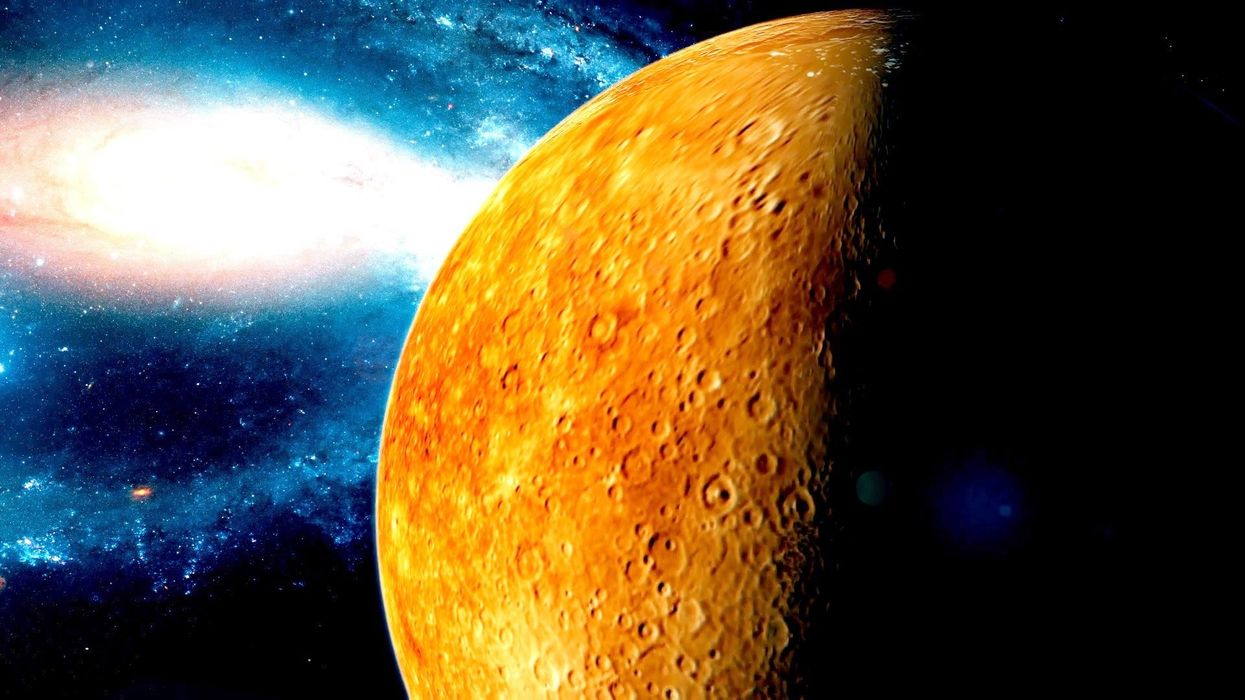Harry Fletcher
Apr 20, 2024
Stellar Survey Finds 1-in-12 Stars Have Eaten a Planet in Their System
ZMG - Amaze Lab / VideoElephant
Scientists have published what they claim to be the strongest evidence yet of a mysterious, unknown planet hidden within our own solar system.
The theoretical existence of the object in question has long fascinated experts, who have studied the unusual behaviour right on the edge of our solar system.
The evidence could explain the unusual orbits of objects on the far reaches, with the object allegedly existing 250 times further away from the Sun than the Earth.
The object in question has been called “Planet 9” – and now a team led by astronomer Konstantin Bogytin believe they’ve found the strongest evidence yet that it exists.
The paper, titled ‘Generation of Low-Inclination, Neptune-Crossing TNOs by Planet Nine’, is available now on arXiv.
According to Bogytin, the new research is “the strongest statistical evidence yet that Planet 9 is really out there”.
The research focuses on trans-Neptunian objects, or TNOs, which are the objects found beyond Neptune on the edge of the solar system.
Due to the influence of Neptune’s orbit, the behaviour of these objects is often unstable and harder to measure – which means experts searching for a possible Planet Nine have often excluded them in their research.
However, the new study looks at these TNOs and summarises that their movements come as a result of influence from another undiscovered planet.
After running simulations to better understand how those objects’ orbits were affected by a variety of factors, the team claims that the theory of Planet Nine remains the best explanation.
Further study will be made possible when the Vera C Rubin Observatory is turned on, the team of researchers note. The observatory is currently being built in Chile, and when it is turned on it will be able to scan the sky to understand the behaviour of those distant objects.
“This upcoming phase of exploration promises to provide critical insights into the mysteries of our solar system’s outer reaches,” the team writes in their paper.
Sign up for our free indy100 weekly newsletter
How to join the indy100's free WhatsApp channel
Have your say in our news democracy. Click the upvote icon at the top of the page to help raise this article through the indy100 rankings
Top 100
The Conversation (0)














